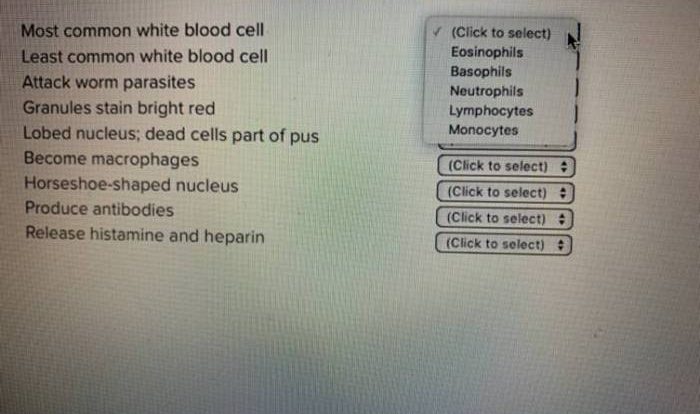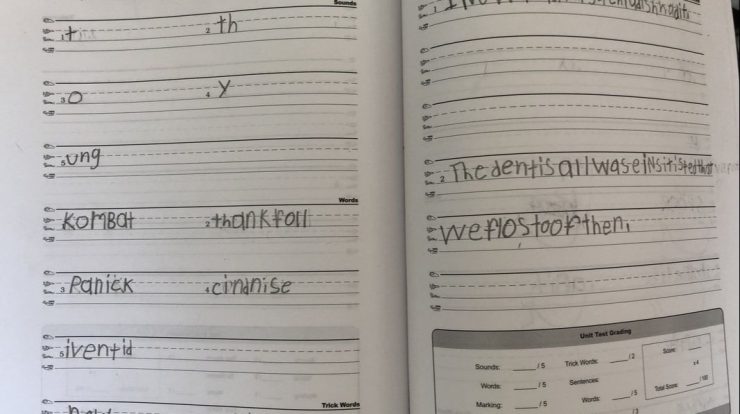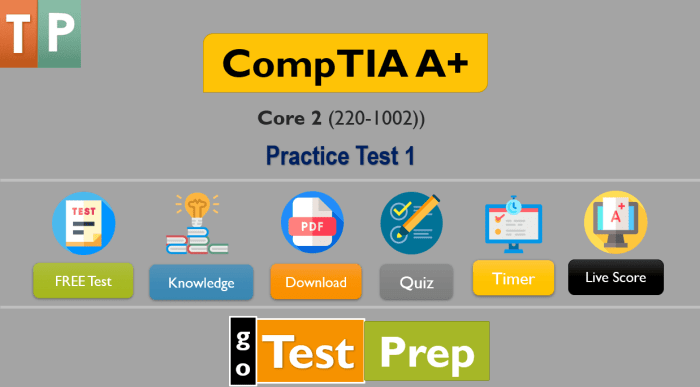Welcome to the fascinating realm of the human body system crossword puzzle! As we delve into this engaging realm, we will uncover the intricacies of the human body through a unique and interactive experience. Get ready to test your knowledge, expand your understanding, and embark on a journey of discovery that will leave you enlightened and entertained.
This comprehensive guide will provide you with an in-depth understanding of the human body systems, the art of crossword puzzle design, effective solving strategies, and the immense educational value that lies within these puzzles. Whether you’re a seasoned crossword enthusiast or just starting your puzzling adventure, this guide has something to offer.
Human Body Systems
The human body is a complex and interconnected system, made up of multiple organ systems working together to maintain homeostasis and overall well-being. Each system has its own specific functions and responsibilities, yet they are all interdependent and rely on each other for optimal functioning.
The major human body systems include:
- Integumentary System:The outermost layer of the body, consisting of the skin, hair, and nails. Protects against external threats, regulates body temperature, and aids in sensory perception.
- Skeletal System:Provides support, protection, and movement. Composed of bones, joints, and cartilage.
- Muscular System:Enables movement and posture. Consists of skeletal muscles, smooth muscles, and cardiac muscles.
- Nervous System:Controls and coordinates body functions. Composed of the brain, spinal cord, and nerves.
- Endocrine System:Regulates hormone production and secretion. Consists of glands and hormones.
- Cardiovascular System:Circulates blood throughout the body. Consists of the heart, blood vessels, and blood.
- Respiratory System:Facilitates gas exchange between the body and the environment. Consists of the lungs, airways, and diaphragm.
- Digestive System:Breaks down food and absorbs nutrients. Consists of the mouth, esophagus, stomach, intestines, and accessory organs.
- Urinary System:Filters waste products from the blood and produces urine. Consists of the kidneys, ureters, bladder, and urethra.
- Reproductive System:Responsible for reproduction and maintaining species continuity. Consists of the reproductive organs and associated structures.
- Lymphatic System:Defends the body against infection and disease. Consists of lymph nodes, lymphatic vessels, and lymphatic fluid.
These systems are highly interconnected and interdependent. For example, the skeletal system provides support for the muscles, which enable movement. The nervous system controls muscle contractions and coordinates body functions, while the cardiovascular system delivers oxygen and nutrients to the muscles and other tissues.
The digestive system breaks down food into nutrients that are then absorbed by the circulatory system and transported throughout the body. The respiratory system provides oxygen to the bloodstream, which is then distributed to the tissues by the circulatory system.
The urinary system removes waste products from the blood, while the lymphatic system helps defend the body against infection.
Crossword Puzzle Design: Human Body System Crossword Puzzle
Crafting a crossword puzzle that engages and challenges solvers while educating them about the intricacies of the human body requires meticulous design.
The puzzle should be visually appealing, with a layout that enhances the solving experience. Clear grid lines and well-spaced clues ensure readability and minimize confusion.
Clue Development
Clues should be crafted with precision, striking a balance between challenge and solvability. Ambiguous or overly vague clues can frustrate solvers, while overly straightforward ones offer little intellectual stimulation.
Effective clues often employ wordplay, puns, or references to body functions or anatomical structures. For example, a clue for “Integumentary System” could be “The body’s outermost covering, from head to toe.”
Crossword Puzzle Solving
Crossword puzzles can be a fun and challenging way to test your knowledge of the human body systems. By following a few simple tips and strategies, you can improve your chances of solving even the most difficult puzzles.
One of the most important things to do when solving a crossword puzzle is to read the clues carefully. Each clue will provide you with a definition or description of the answer, so it’s important to pay attention to all of the details.
If you’re not sure what a clue means, try looking it up in a dictionary or online.
Another helpful tip is to start with the easiest clues first. This will help you get a foothold in the puzzle and make it easier to solve the more difficult clues later on.
As you solve the puzzle, be sure to fill in the answers as you go along. This will help you keep track of your progress and make it easier to see which clues you still need to solve.
If you get stuck on a clue, don’t be afraid to take a break and come back to it later. Sometimes, just stepping away from the puzzle for a while can help you see the answer more clearly.
Common Crossword Puzzle Conventions and Abbreviations
There are a number of common crossword puzzle conventions and abbreviations that you should be familiar with. These include:
- Abbreviations:Many crossword puzzles use abbreviations to save space. Some common abbreviations include:
- A– artery
- V– vein
- N– nerve
- M– muscle
- B– bone
- Prefixes and suffixes:Prefixes and suffixes can be used to change the meaning of a word. Some common prefixes and suffixes include:
- -itis– inflammation
- -ectomy– surgical removal
- -ology– study of
- -phobia– fear of
- Anagrams:Anagrams are words that are formed by rearranging the letters of another word. For example, the word “listen” is an anagram of the word “silent”.
- Reversals:Reversals are words that are spelled backwards. For example, the word “evil” is a reversal of the word “live”.
Examples of Solved Puzzles
Here are a few examples of solved crossword puzzles related to the human body systems:
Puzzle 1:

Answers:
- Across:
- 1. The largest organ in the body ( SKIN)
- 3. The organ that pumps blood throughout the body ( HEART)
- 5. The organ that filters blood ( KIDNEYS)
- 7. The organ that produces insulin ( PANCREAS)
- Down:
- 2. The organ that controls the body’s temperature ( HYPOTHALAMUS)
- 4. The organ that produces bile ( LIVER)
- 6. The organ that stores bile ( GALLBLADDER)
Puzzle 2:

Answers:
- Across:
- 1. The bone that forms the upper arm ( HUMERUS)
- 3. The bone that forms the lower leg ( TIBIA)
- 5. The bone that forms the skull ( CRANIUM)
- 7. The joint that connects the arm to the shoulder ( SHOULDER JOINT)
- Down:
- 2. The muscle that flexes the elbow ( BICEPS)
- 4. The muscle that extends the knee ( QUADRICEPS)
- 6. The muscle that contracts the pupil of the eye ( SPHINCTER PUPILLAE)
Educational Value
Crossword puzzles offer a unique and engaging way to teach about the human body systems. By providing clues that relate to different body parts and functions, crossword puzzles encourage students to recall and reinforce their knowledge in a fun and interactive format.
The challenge of solving crossword puzzles stimulates curiosity and encourages students to delve deeper into the subject matter. They may consult textbooks, online resources, or seek guidance from teachers to find the answers, fostering a desire for further exploration and understanding.
Examples in Educational Settings
- In a biology classroom:Teachers can use crossword puzzles as a review tool after covering a unit on the human body systems. The clues can focus on specific structures, functions, and interrelationships between different systems.
- As a homework assignment:Crossword puzzles can be assigned as homework to reinforce learning and provide an opportunity for students to practice recalling information outside of class.
- In science fairs or competitions:Crossword puzzles can be incorporated into science fairs or competitions as a way to assess students’ knowledge and encourage them to showcase their understanding of the human body systems.
Additional Resources
Enhance your understanding of human body systems with these comprehensive resources.
Explore a vast collection of online crossword puzzles specifically designed to test your knowledge of the human body.
Online Resources
- Human Body Systems Crossword Puzzle: www.example.com/crossword/human-body-systems
- Printable Human Body Systems Crossword Puzzle: www.example.com/printable/crossword/human-body-systems
- Interactive Human Body Systems Crossword Puzzle: www.example.com/interactive/crossword/human-body-systems
Books and Articles, Human body system crossword puzzle
- The Human Body: A Visual Encyclopediaby DK Publishing
- Human Body Systems: A Complete Guideby Dr. Robert J. Stern
- The Merck Manual of Medical Information(Chapter on Human Body Systems)
Custom Crossword Puzzles
Create your own customized crossword puzzles using these online tools:
- Crossword Compiler: www.example.com/tools/crossword-compiler
- Puzzle Maker: www.example.com/tools/puzzle-maker
- Crossword Labs: www.example.com/tools/crossword-labs
FAQ
What are the major human body systems?
The major human body systems include the circulatory system, respiratory system, digestive system, nervous system, endocrine system, skeletal system, muscular system, and integumentary system.
How can crossword puzzles help me learn about the human body?
Crossword puzzles provide an engaging and interactive way to reinforce your knowledge of the human body. By solving clues related to different body systems, you can test your understanding, identify areas where you need further study, and expand your vocabulary.
What are some tips for solving crossword puzzles related to the human body?
Start by reading the clues carefully and identifying key terms. Use your knowledge of human anatomy and physiology to eliminate incorrect answers. Pay attention to abbreviations and crossword conventions. Don’t be afraid to guess and check, but be sure to verify your answers to ensure accuracy.



